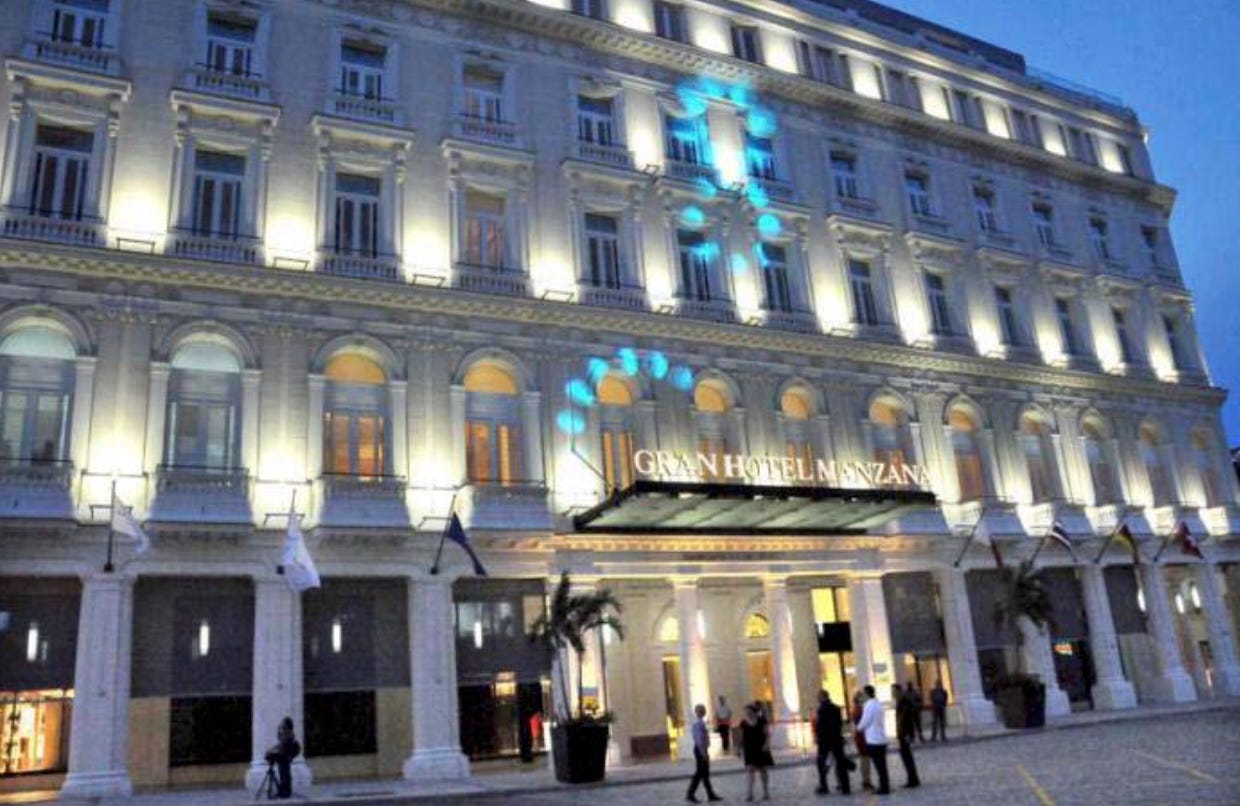Beware the Cuban Market: Accountability Is Inevitable
Breaking with Cuba Is the First Step, But More Must Be Done

According to several news sources, “[t]he financial services arm of the Swiss post office, PostFinance, has canceled the accounts of several customers with links to Cuba.” If this turns out to be accurate, it is a welcome move and an indicator that European financial institutions are starting to take seriously U.S. sanctions enforcement on Cuba.
A state-owned entity, PostFinance is a major financial services company in Switzerland. It serves as the financial arm of Swiss Post, the national postal service. It offers various banking services, including savings and checking accounts, investment products, credit cards, mortgages, and payment services.
If true, PostFinance’s decision reflects a broader trend that cannot be ignored by other companies doing business with or in Cuba. For decades, the Cuban regime has inflicted unspeakable suffering on its people.
What started as the Castro regime’s oppressive rule that began in 1959 has transformed into a transnational criminal enterprise dominated by the Castro-Espin crime family. This dictatorship has systematically deprived Cubans of fundamental human rights and economic freedom while aligning itself with enemies of liberty such as Communist China, Russia, and Iran.
Despite recent leadership changes, the core of the police state system remains unchanged, and its oppressive practices continue largely unabated. Anyone considering business opportunities in Cuba should ask: What happens when the tide finally turns?
As someone who has spent decades advising clients on navigating the complexities of U.S. economic sanctions, export controls, and international property claims, I have seen firsthand the risks of engaging with rogue regimes. From conducting compliance audits in Latin America and Europe to securing multi-million-dollar judgments against oppressive states, my work has always been grounded in ensuring accountability and defending the rights of the oppressed.
Economic sanctions and trade restrictions have been central tools of U.S. foreign policy toward Cuba. The U.S. Department of the Treasury’s Office of Foreign Assets Control (OFAC) enforces these sanctions rigorously, holding individuals and entities accountable for violating sanctions laws, regardless of nationality.
Foreign businesses, including those from Europe, Canada, and even the United States (many American companies do business in Cuba), must be aware of the serious compliance risks involved in doing business in Cuba.
In most cases, OFAC operates under strict liability standards, meaning that even inadvertent violations can result in heavy penalties. However, potential investors often overlook the broader risk of accountability that could come from the United States or international bodies and the Cuban people themselves.
History has shown that regimes like Cuba’s eventually fall, and when that happens, there will be calls for justice. Those who propped up or materially supported the regime, directly or indirectly, could find themselves in legal and moral peril.
This is not a theoretical risk.
Over the years, I have spoken with resistance leaders and former political prisoners inside Cuba who remain steadfast in their commitment to seek justice and accountability for the oppression of the last seventy years. Regardless of how long it takes, they are determined to keep this issue at the forefront.
These Cuban patriots have told me personally that they will not rest until those who have propped up or legitimized the regime face consequences for their actions. Whether that accountability comes through legal means, truth and reconciliation processes, or other mechanisms that a free Cuban people decide, they are committed to seeing it through.
“We are patient because we have no choice. But when the time comes, those who profited from our suffering must answer for what they have done,” a former political prisoner in Cuba who wishes to remain anonymous for now.
This sentiment is shared by activists on the ground and members of the Cuban diaspora and exile community, whose property and other rights were systematically violated by the regime.
Keep reading with a 7-day free trial
Subscribe to The Poblete Dispatches to keep reading this post and get 7 days of free access to the full post archives.



